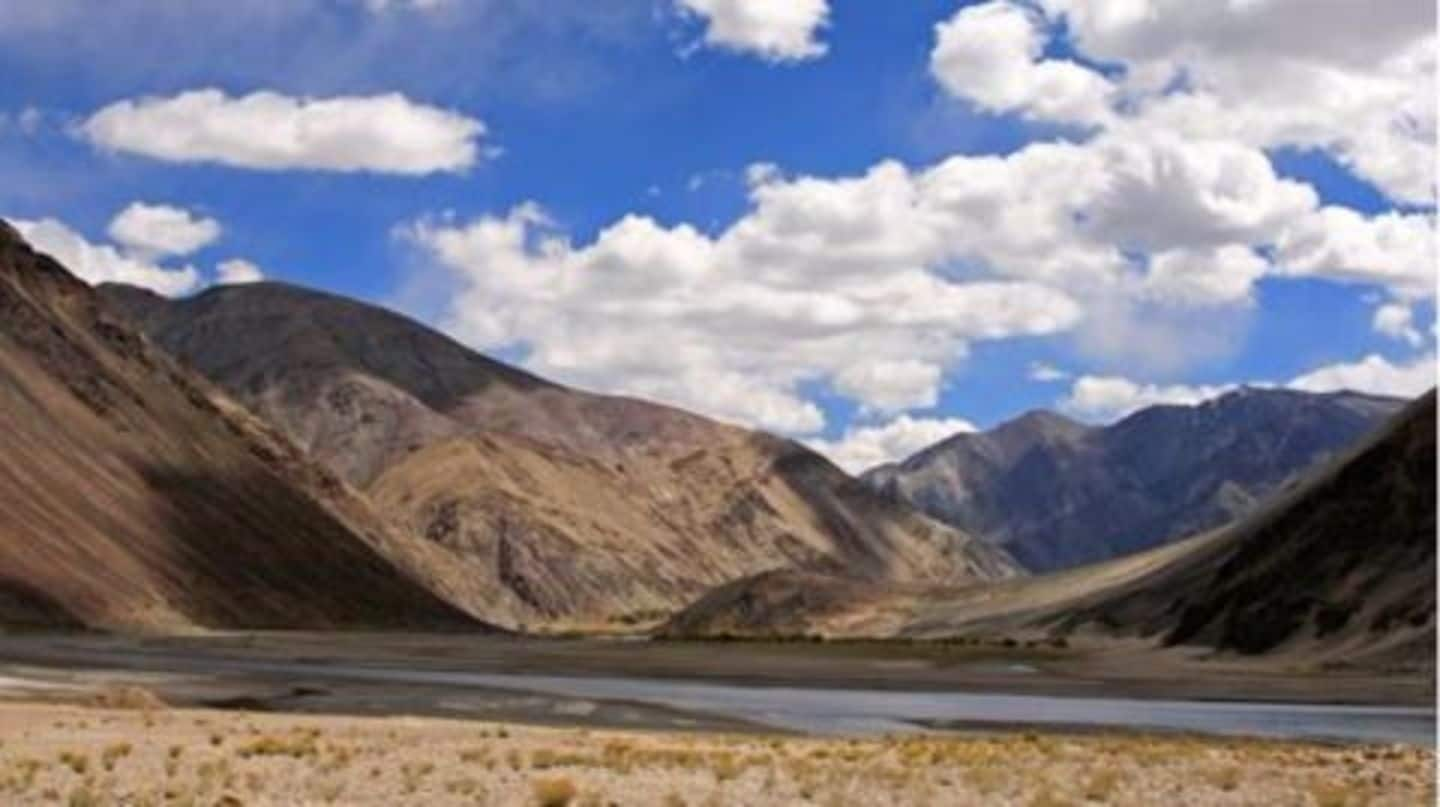
Ancient camping site discovered in Ladakh
What's the story
ASI, the Archaeological Survey of India discovered an ancient camping site as old as 9th Millennium BC, in Ladakh. The site, located at an altitude of 14,000 feet above seal level, is on the way from 'Saser La', which leads to Ladakh's karakoram pass. Two charcoal samples from the region sent for carbon dating, provided dates of circa 8500 BC and 7300 BC, respectively.
Information
Role of ASI in explorations & excavations
Among the functions of ASI, include conserving, preserving and protecting the monuments ans sites of national importance. ASI is also responsible for 'exploration and excavation new sites, to reveal India's ancient past.'
Description
Geography of the site and further planned research
The unearthed site was an ideal camping area in a 'picturesque setting'. It was described as an uninhabited small flat place which had "snow-covered peaks on one extreme and dry barren land with loose rocks all around and gushing stream within deep western gorges". To study more about the site, ASI is planning to undertake proper archaeological excavations.
The Discovery
How was the site unearthed?
ASI's Joint-Director-General S B Ota came across the site while exploring Nubra valley in 2015-16. He noticed that a section, uncovered by the road construction, had "successive layers comprising burning residue". An initial charcoal sample from the area sent for carbon dating, estimated it to be from 8500 BC. It was inspected again in July 2016 where more sample testing confirmed the earlier date.
Analysis
What does the discovery reveal?
According to initial findings, there was repeated human activity for about 800 years, at the camping site. Preliminary studies of "charred bones collected" from here indicated the presence of Yak and Gorel. So far the research proved the' antiquity and to an extent the nature of human activities' but yet to find out "camping patterns, extent of camping area, tools and other cultural aspects".